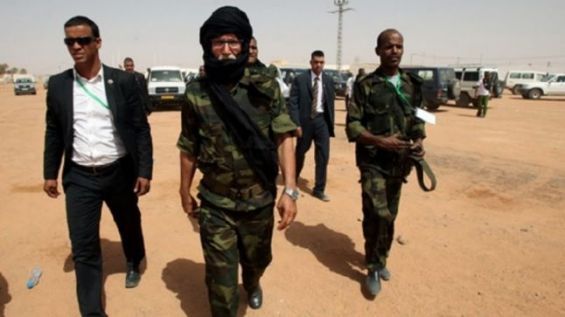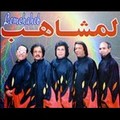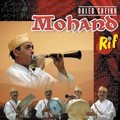This summer, the Polisario has chosen the fight against drug trafficking as a weapon for its political campaign in the international scene. This trend has increased in the recent days with the arrest of an alleged drug-trafficking network.
On July 10th, the Polisario Front announced that it seized on Friday «1525 kg of cannabis, a PKT machine gun with 1100 rounds of ammunition, two Kalashnikovs with 200 rounds, and arrested four smugglers on a 4WD Toyota, in the region of Rous Timlouza».
In a communiqué published on its official press agency (SPS), the Front alleged that the arrestees are «smugglers who are active within a group in the field of drug smuggling through the sand wall».
Although, the communiqué issued by the Front’s «Ministry of Defense» did not make mention of the arrestees’ nationalities, in the Tindouf camps, reports stressed that they «are Moroccan».
The Polisario sends a letter to the United Nations
Right after the arrest, SPS reported that the Polisario’s leadership has sent a letter to the United Nations. The letter addressed by the Polisario’s representative to the United Nations, Sidi-Mohamed Omar, was sent to Gustavo Meza-Cuadra, the Permanent Representative of Peru to the United Nations and President of the Security Council.
In this letter, the Polisario representative alleged that «the involvement of the Moroccan army in drug and human trafficking poses a direct threat to regional and international peace and security».
To back its accusations, the separatist movement referred to the 2018 International Narcotics Control Strategy Report of the US Department of State and the 2019 World Drug Report conducted by the United Nations Office on Drugs and Crime, stressing that «Morocco is the world’s largest producer and exporter of cannabis».
In July 2017, the Polisario announced that it arrested 19 Moroccan nationals near Kotlat Zemour for drug trafficking and smuggling.
At that time, the Front claimed that the alleged traffickers were «transporting drugs to the east of the Moroccan military wall», alleging that they «are from the southern region of Morocco which explains their hidden agenda trying to get Sahrawis into drug trafficking».





 chargement...
chargement...













